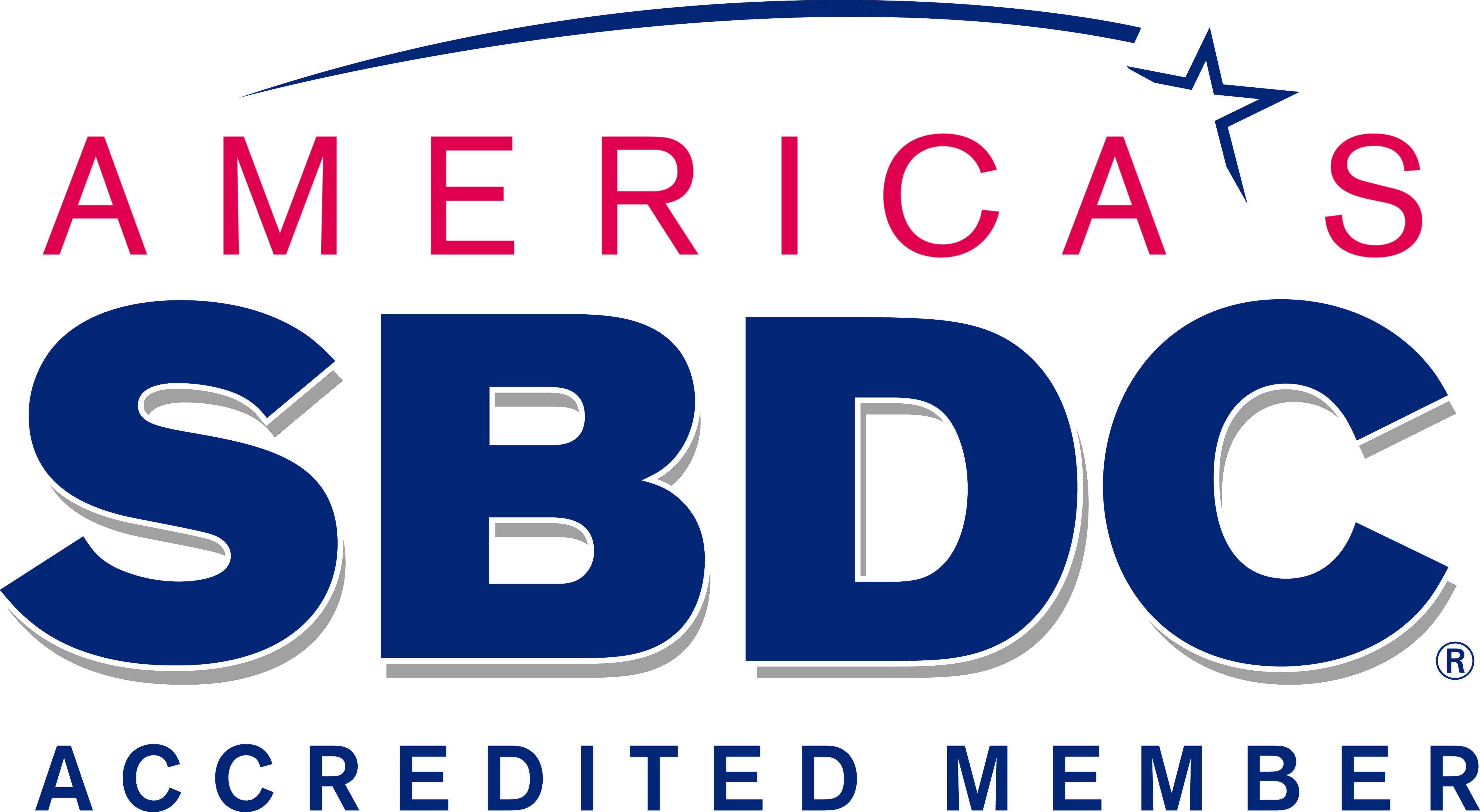Five Ways To Make Your Online Virtual Conference Successful
By Michelle Loredo
The COVID-19 crisis has the conference and events industry in disarray. While most conferences and events have been postponed or canceled, some are being moved to an online format in an effort to follow COVID-19 policies, and to protect the health and safety of attendees and presenters.
1. Decide How the Remote Video Conference Will Take Place (Platform)
Today, there are many ways that you can have video calls that can help accommodate small groups to huge conferences. Some of the ways to facilitate this is via Zoom Video Communications, Google Hangouts, Click Meetings, Skype, etc. You can also find a video call platform that works with your small business!
Zoom Video is free and can host up to 100 people in one video chat for 40 minutes with unlimited number of calls. If you need more a more hands-on approach, then the Click Meetings platform would be more helpful. When planning your video conference, take into consideration that not everyone in your team will be familiar with the platforms you all will be using. Provide a learning space where they can gain the skills that they need to be successful on a virtual video call.
2. Have an Agenda
Online meetings can be very beneficial in times a team cannot meet in person but it’s also possible that nothing productive comes out of it. To prevent this, the host or moderator, needs to set a clear agenda of what is going to be covered at the meeting. You can send the agenda to your team as early as a week in advance or as late as the day before so, that they are aware of what is going to be covered, and will be able to brainstorm ideas or topics they's want to present. When setting up the agenda, do not forget to set-up automated reminders so that team members know when the meeting will take place.
3. Time
Time is very important, and you should use it wisely. Based on your agenda, divide the time evenly so that all action items get covered and that there’s also time for discussion of said items. Your main goal is to make the video call short, sweet and effective for all attendees.
4. Online Etiquette
When you’re on a video call, being the host or attendee, you must practice social etiquette as you would in an in-person meeting.
Example:
- All team members should test their technology so that they there are no problems when they’re in the call. This includes checking if the platform works on their computer, WiFi connection, etc.
- Attendees should read the agenda beforehand.
- Have sole focus on the video call and not on your phone, phone notifications, emails, etc.
5. The End of the Virtual Call
At the end of the video call, set clear action items that will give people clear instructions on what is needed to be done after the call.
Example: Clear next steps, assignments for certain attendees and deadlines. Once the call ends, send all attendees a copy of the meeting notes and send a feedback survey to see how the meeting could have gone better.







